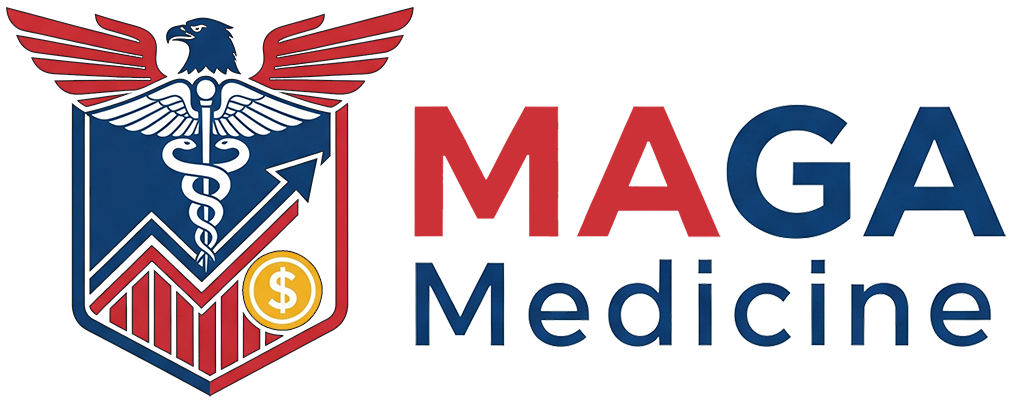It might be time for a heart-to-heart about your ticker.
Research shows most people’s cardiovascular health starts to decline before they’re even old enough to vote — yet few young Americans recognize the warning signs.
That means millions are missing a critical window to take action and protect themselves from heart disease, the leading cause of death in the US.
The condition is on the rise among adults under 40, with rates more than doubling since 2010.
But the problem often starts much earlier. By age 17, most people’s heart health scores — which consider lifestyle factors like diet and exercise, as well as clinical measures such as blood pressure and weight — have already begun to slip.
“I frequently care for people in their early 20s who are entering adulthood and are already facing serious cardiovascular risk factors such as elevated blood pressure, high blood sugar or a body mass index in the obesity range,” Dr. Jewel Scott, a primary care nurse practitioner, wrote in The Conversation.
Across the country, one in five children and adolescents, or a staggering 14.7 million young people, are living with obesity.
Those extra pounds put added strain on the cardiovascular system, can narrow coronary arteries and even affect heart rhythm.
Worse yet, studies suggest that carrying excess weight from a young age is even more harmful to heart health than becoming obese as an adult.
The numbers for other top heart disease risk factors aren’t much better:
“Most children are born healthy, but unfortunately much of the benefit of heart health is lost during childhood, and currently less than 5% of US children enjoy ideal cardiovascular health,” Dr. David Jacobs, a professor of public health at the University of Minnesota, said in a statement.
Adding to the concern, many young Americans are engaging in behaviors that further increase their risk of being diagnosed with heart disease.
Only about one in four US high school students get the recommended hour of daily exercise, leaving many without the benefits of physical activity, such as a stronger heart, better blood flow and reduced inflammation.
Use of cigarettes, vapes and other nicotine products has also gone up, increasing from 21% of 18- to 23-year-olds in 2002 to 43% in 2018.
The good news: many of these biomarkers and behaviors can be changed, and research shows that making adjustments can significantly boost your chances of preventing heart disease.
The American Heart Association recommends quitting smoking and vaping, cutting back on alcohol and sticking to a healthy diet packed with nutrient-rich foods.
Adults should aim for 150 minutes a week of moderate exercise, like brisk walking, and get seven to nine hours of sleep each night.
If you have diabetes, regular checkups are key to keeping blood sugar in check. For anyone over 20, cholesterol should be checked every four to six years.
“By making one healthy lifestyle change, you’ll often snowball the benefits into others,” Dr. Mingsum Lee, a cardiologist at Kaiser Permanente, said in a statement.
She explained that exercise, for example, can curb cigarette cravings, improve sleep and boost mental well-being — all critical for heart health.
“Understanding your risk factors and working to correct them early is a critical first step down the path of better cardiovascular health,” Lee said.
Read the full article here
